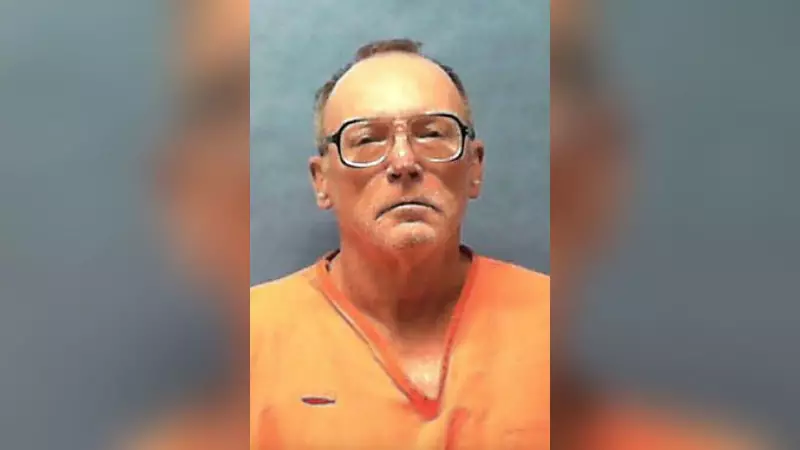
After nearly three decades of legal battles and painful waiting, the state of Florida has carried out the execution of Jerry Correll, the man convicted of one of the most brutal crimes in Orlando's history.
The Horrific 1998 Crime That Shocked Florida
In November 1998, Jerry Correll committed crimes so vicious they would haunt the Orlando community for years. The 61-year-old was executed for the sexual assault and murder of his former girlfriend, 25-year-old Susan Correll, and the subsequent stabbing deaths of her mother, Marybeth Jones, 48; her daughter, Tuesday, 10; and her sister, Mary Ann Jones, 41.
A Family Annihilated in Their Own Home
The gruesome discovery was made in the family's Orlando home, where all four victims were found stabbed multiple times. Evidence presented during trial revealed the particular brutality inflicted upon Susan Correll, who suffered 23 stab wounds in addition to being sexually assaulted.
Prosecutors established that Jerry Correll's motive stemmed from jealousy and anger over Susan's new relationship and her refusal to allow him visitation with their young daughter.
The Long Road to Justice
Correll's execution marks the end of a 27-year legal journey that saw numerous appeals and delays:
- Original conviction and death sentence in 1999
- Multiple appeals based on mental health claims
- Previous execution stays, including one in 2015
- Final appeals rejected by the Supreme Court
Final Hours and Last Words
The execution proceeded at Florida State Prison after the Supreme Court rejected final appeals claiming Correll suffered from mental illness that should have made him ineligible for capital punishment. Correll declined to make a final statement before the lethal injection was administered.
Closure for Grieving Families
For the victims' surviving family members, the execution brings a painful but necessary conclusion to their decades-long quest for justice. Family members who witnessed the execution expressed that while it doesn't bring back their loved ones, it provides a measure of closure.
This case represents one of Florida's longest-pending death penalty cases finally reaching resolution, highlighting both the complexity of capital punishment appeals and the enduring pain of violent crime victims' families.





